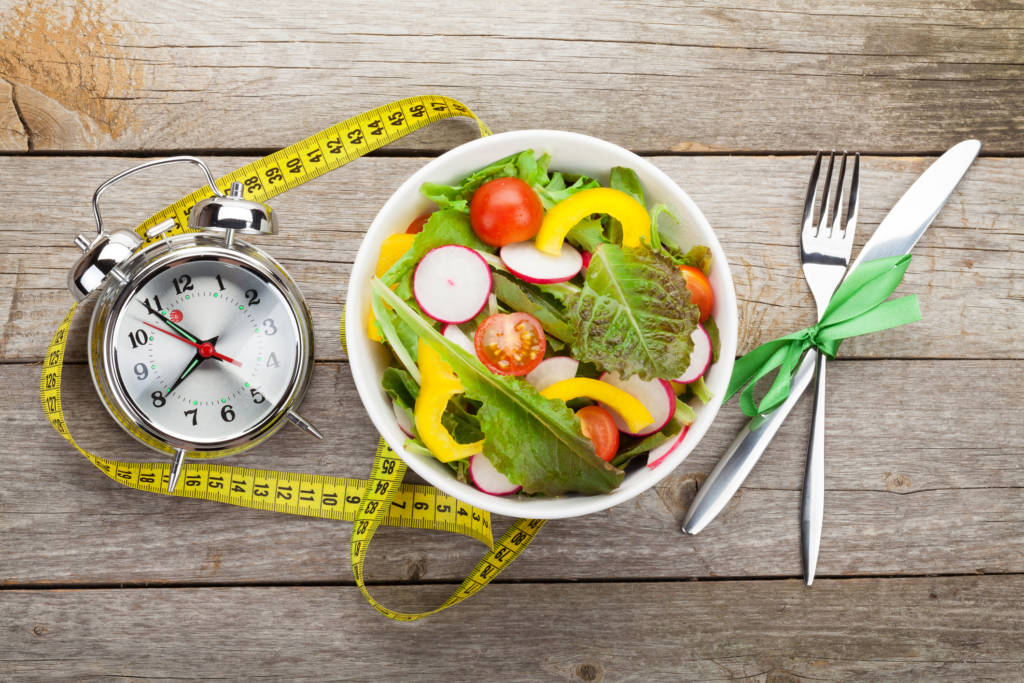What times someone eats during the day and how frequently may play a role in having a healthy weight and heart. According to an American Heart Association scientific statement published Wednesday, eating breakfast, avoiding late-night eating and mindful meal-planning are associated with a lower risk of heart disease, blood vessel diseases, and stroke.
However, current research doesn’t dictate the best approach.
“There’s conflicting evidence about meal frequency,” said Marie-Pierre St-Onge, Ph.D., writing group chair and associate professor of nutritional medicine at Columbia University in New York City. She said studies have shown the benefit of intermittent fasting and eating smaller, frequent meals throughout the day.
Fasting every other day helped people lose weight in the short-term, but its long-term effects haven’t been studied, according to the statement. And there’s no guarantee that such fasting can be sustained.
“I can see scenarios where intermittent fasting can backfire,” said Penny Kris-Etherton, Ph.D., R.D., a statement co-author and nutrition professor at Penn State University. For example, people who fast one day could eat more than twice as much the next day, she said. She also questioned what would happen if someone who fasted regularly for lengthy periods of time – weeks or even months – then started eating regularly every day.
Because there’s not a lot of information about how people could practice intermittent fasting, Kris-Etherton cautioned against using it as a weight loss or weight management strategy until further information is available.
Eating frequent meals has also been found to reduce the risk of cardiovascular disease risk factors, says St-Onge. One study of men showed that those who ate more than four times a day had a lower risk of obesity than those eating three or fewer times a day. But other studies have found the opposite, with a greater risk of weight gain over time in those reporting eating more frequently.
Frequent meals may also be impractical, said St-Onge.
“If you eat five to six meals, it’s hard to create a meal that’s so small that you aren’t overeating at each of the sessions,” she said.
Eating dinner or snacking late at night had a detrimental effect on weight and heart health, according to the statement.






